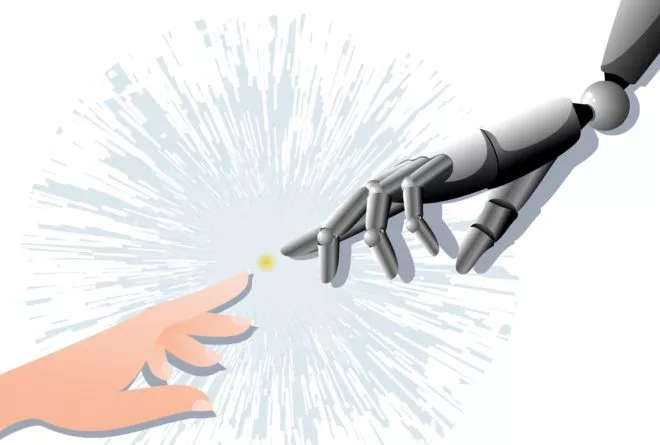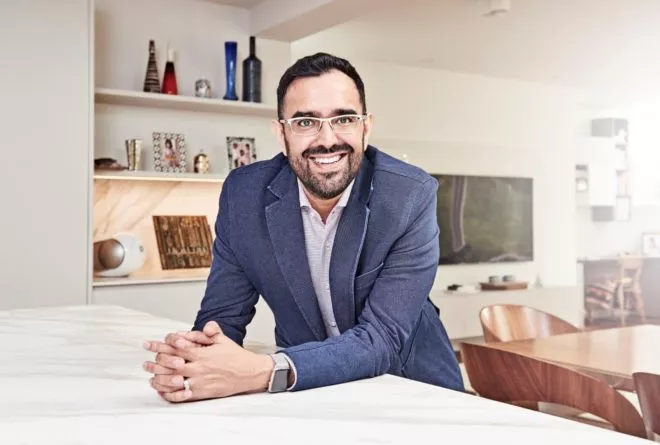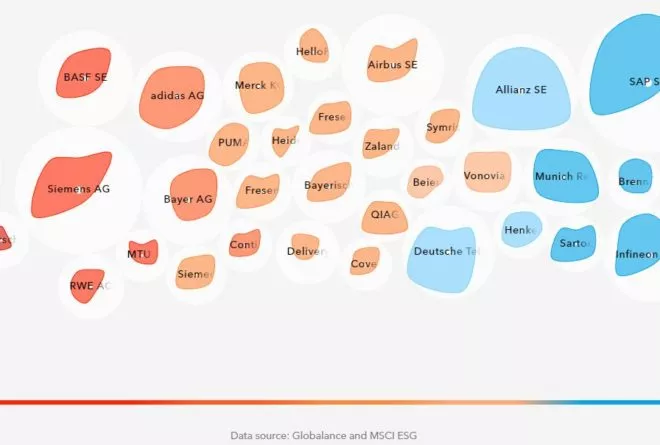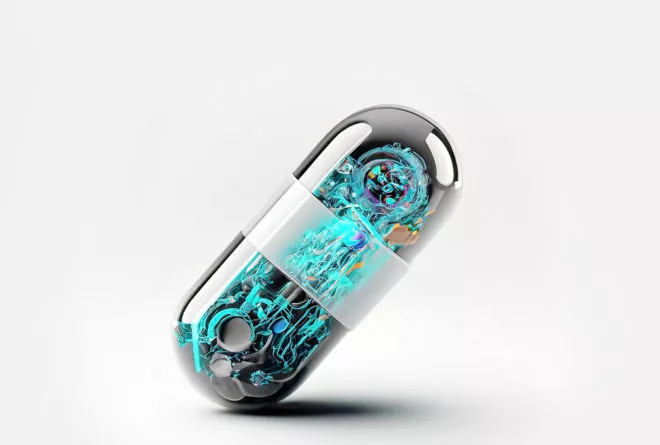News & Trends
How We Will Handle Our Health Data in the Future
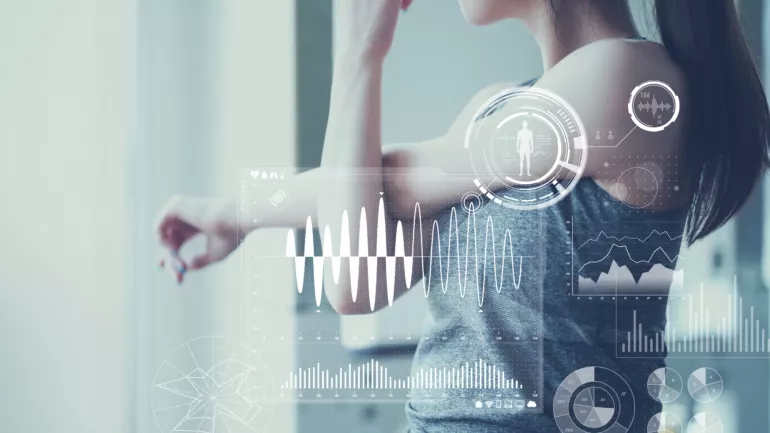
IN THE FUTURE, ARTIFICIAL INTELLIGENCE WILL HAVE ACCESS TO OUR HEALTH DATA to suggest more efficient and effective treatment methods and preventive measures. But there are still a few hurdles to overcome before we get that far.
A woman arrives at a hospital’s accident and emergency department and has to answer the doctor’s questions about her state of health, previous illnesses and possible allergies. Her medical history with past consultations and data such as an X-ray would now be important for diagnosis, but this data is with the GP and it is now night time. The patient is provided with basic care and another appointment is made to request the necessary data from the GP.
This scenario is not uncommon in Switzerland. A person’s health data is usually stored locally in one place and cannot be accessed by other organisations. This is why the Federal Council wants to introduce the future of digital healthcare with electronic patient dossiers. All of a person’s important health data will be stored in a decentralised form in the electronic patient dossier and doctors can access the required information on a digital platform whenever necessary. But is this data then really secure? One promising technology for this issue is currently being discussed among the scientific community: the blockchain.
The blockchain is the key to our digital health data.
Blockchains for Our Health Data?
Blockchains are used in a wide variety of sectors. A blockchain is a decentralised system in which data is stored in blocks. Each block contains information about a transaction and is attached to the chain of previous blocks. Once data has been added, it can no longer be edited or deleted. This makes it impossible to manipulate the data.
Despite these advantages, the blockchain does not offer an all-encompassing solution. This is because storing large records, such as complete electronic patient files or genetic data sets, is inefficient and costly, as a blockchain is not designed for large volumes of data. The technology therefore only makes sense if it is used in combination with other technologies. For example, as an access key for our personal “health safe”.
Blockchain Use
A blockchain can be used in various areas in the healthcare sector:
Dynamic patient consent
Patients’ consent to use and share their data can be dynamically managed with a blockchain, improving patient control and data security.
Transparency and traceability
Healthcare transactions and records can be made transparent and traceable by using a blockchain, leading to greater accuracy and confidence in the treatment.
Supply chain management
A blockchain can help track medical devices and drugs in the supply chain and ensure their authenticity and quality.
Big Data: Opportunities and Challenges
The large amount of data generated in the healthcare sector, which will be stored digitally and be easily accessible in the future, offers incredible opportunities for the healthcare system. Algorithms and artificial intelligence help manage this mass of data by analysing this data and identifying patterns that enable faster and more effective treatment. Algorithms can take over administrative tasks and assist in diagnosing diseases. This can lead to faster and more accurate treatments, especially in clinical environments.
The development of such algorithms is challenging — especially on a social level. Algorithmic bias may lead to biased recommendations and an inequitable provision of healthcare. There is a risk that existing social injustices will be exacerbated. This is shown by cases in the US where people with dark skin colour were demonstrably discriminated by an algorithm and did not receive the same treatment as people with light skin colour. Researchers therefore suggest that algorithms in the healthcare sector should be developed by highly diverse teams with people from different specialisations and not just by AI specialists.
The challenges of big data in the healthcare sector are well known and solutions are being developed. At the same time, networked health data offers huge opportunities. Treatments will become much more effective and efficient, even for emergency admissions. This will also improve patient safety, for example by monitoring drug interactions and predicting the need for hospitalisation.
The Globalance View
The potential of digitisation in the healthcare sector is huge and ranges from efficient patient care to early diagnostics and personalised drug development. But there is also a downside: the scope for cyber attacks has increased dramatically in the course of digitisation. In the US alone, over 40 million private US health records were stolen in the first half of 2023. From an investor’s perspective, this challenge also creates exciting opportunities: analysts estimate that the market for IT security will grow from USD 20 billion today to over USD 80 billion, which corresponds to an annual growth rate of 17 %.
Be part of the solution and stay informed with the Futuremover (only available in German). Subscribe now and shape the future!



